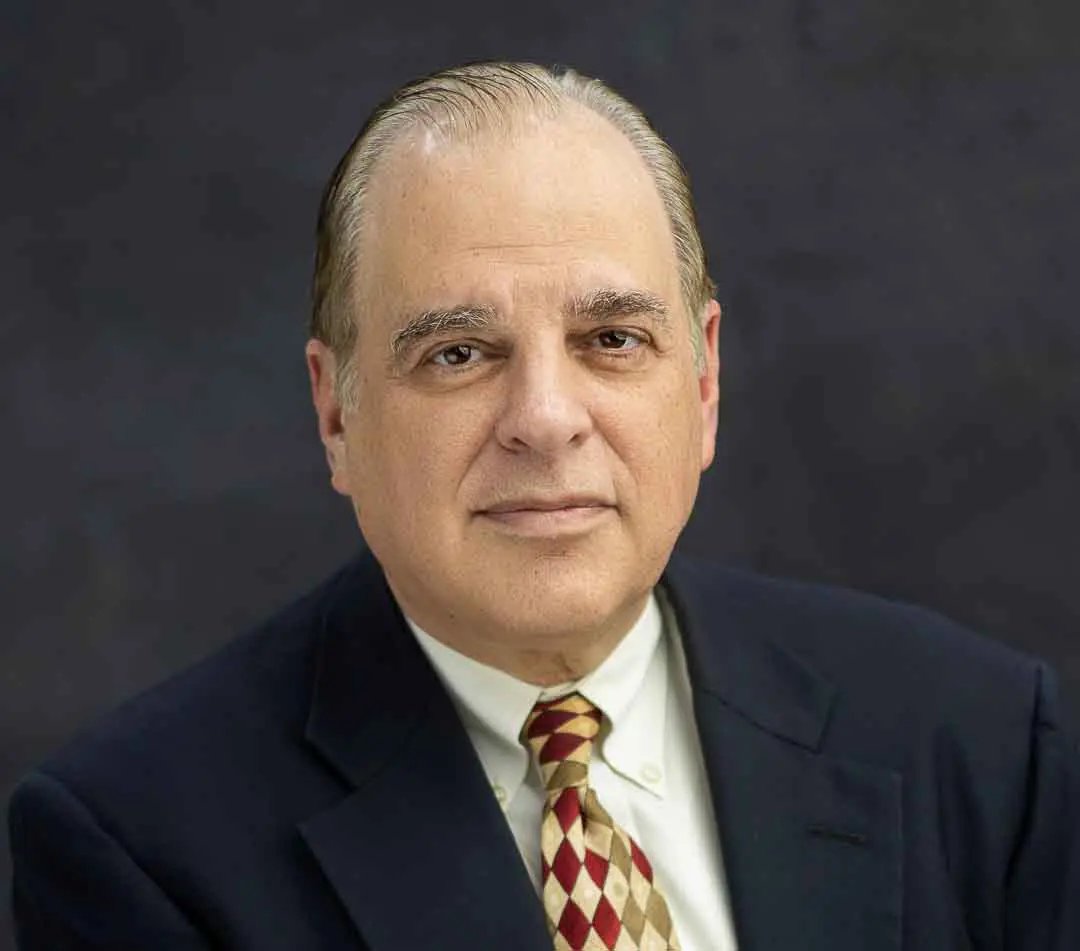
News
Exclusive: How Nigeria Wastes N1 Trillion Monthly on Petrol Subsidy

iexclusivenews – Nigeria is one of the largest oil producers in Africa, but it still spends a huge amount of money on subsidizing petrol for its citizens.
According to Pinnacle Oil and Gas Limited, a local company that operates in the downstream sector.

The country pays about N1 trillion every month as petrol subsidy, despite the government’s claim of deregulation.
This was revealed by the company’s Managing Director/CEO, Mr. Robert Dickerman, who was a panelist at the Nigeria International Energy Summit (NIES) that took place recently in Abuja.
He explained why the subsidy is still in place and how it affects the economy and the energy sector.

The Impact of Petrol Subsidy on Nigeria
Mr. Dickerman said that Nigeria has a long tradition of using its oil revenue to fund oil and gas production, while neglecting other aspects of the economy and society.
He said that the government has tried to compensate for this by providing subsidies for fuel and food to ease the burden on consumers.
However, he pointed out that this has led to several negative consequences, such as:
– Underinvestment in local production, manufacturing and other activities that could diversify the economy and earn foreign exchange.
– Underinvestment in the maintenance and upgrade of infrastructure such as electricity, roads, health care, water, waste, education and consumer credit.
– A huge trade deficit, except for crude oil and LNG, and a lack of capital for new projects.
– A difficulty in attracting foreign investment, due to the legacy of monetary policy, corruption, lack of competition and market fairness.
– A massive subsidy for petrol, which is not based on the global price in dollars, but on the exchange rate of the naira.
This makes petrol very cheap in Nigeria, compared to other African countries, and encourages smuggling to neighboring countries.
This means that Nigeria is subsidizing other countries, while its own economy suffers.
The subsidy also takes a toll on the budget, both at the federal and state levels, as it leaves less money for other critical programs.
READ MORE:
Subsidy Removal: Tinubu approves 6 month Provisional Wage Increment For Workers
How NNPC Others Stole Over $10 Billion In Fuel Subsidy Scam: Reps
NNPC Shortchanging Nigerians, Group Alleges; Knocks Kyari Over N6.34tn Petrol Subsidy
The subsidy is estimated to be about N1 trillion per month.
The Need for Long-Term Solutions
Mr. Dickerman said that the solution to this problem is obvious, but it requires political will and public support.
He said that short-term measures, such as subsidies, have never solved long-term problems in any country in history.
He said that Nigeria needs to:
– Remove the petrol subsidy and allow the market to determine the price of petrol, based on supply and demand.
– Invest in refining capacity, so that the country can produce its own petrol and reduce dependence on imports.
– Encourage competition in the downstream sector, so that private companies can import and distribute petrol, and offer better services and prices to consumers.
– Create an enabling environment for foreign investment, by implementing conservative fiscal policy, tackling corruption, ensuring market competition and fairness, and enforcing contracts.
– Use the savings from the subsidy removal to invest in infrastructure, social programs, and economic diversification.
He said that these steps would transform the economy, create jobs, reduce poverty, and improve the quality of life for Nigerians.
He urged the government and the public to embrace these long-term solutions and move away from the unsustainable subsidy regime.













